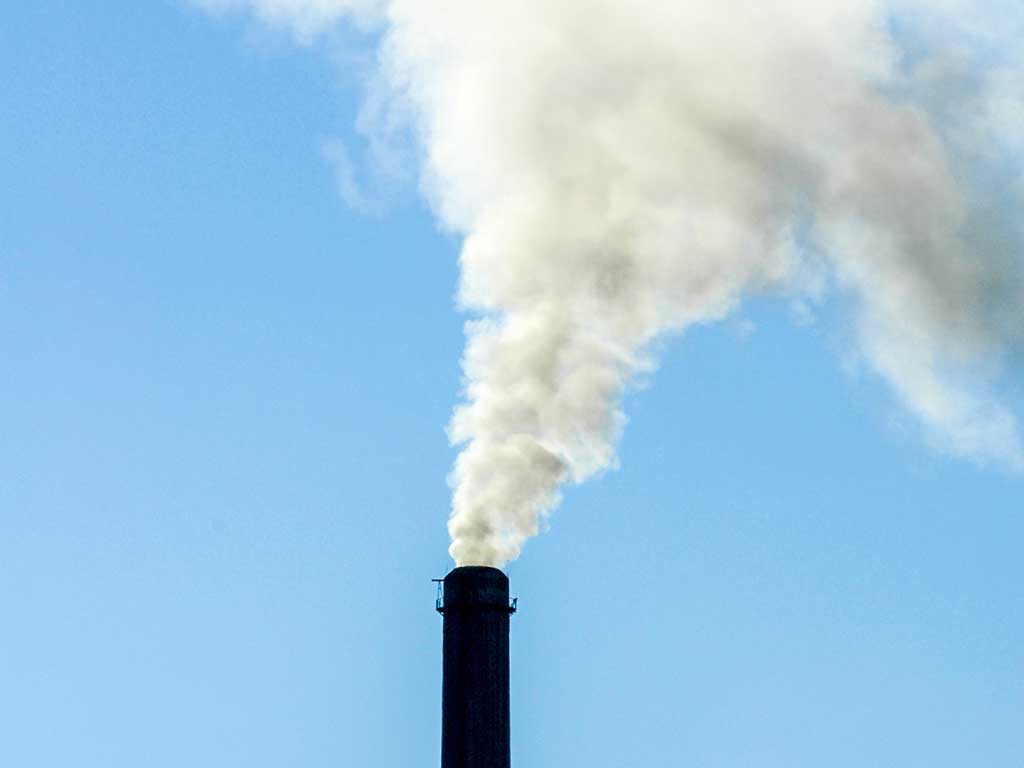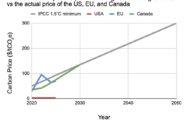We’re All in This Together
War in Ukraine Adds Pressure to Decarbonize
By Charles March

There is urgency in what nations do this year to prevent global temperatures from rising by more than 1.5 degrees C above pre-industrial averages to meet the Paris Agreement goals, as reiterated in Glasgow last fall at COP26. The UN Intergovernmental Panel on Climate Change (IPCC) report of April 4th states that carbon emissions must peak in 2025. Then by 2030, fall by 43% compared to 2019 levels. Sacrifice is in order. Historically, war has forged sacrifice, as seen in Ukraine, but also marked geopolitical shifts. According to the NY Times, the West’s response to Putin’s invasion includes greater political momentum to decarbonize.
The March 8th ban on all Russian oil and gas by the US causes little pain here. We import little. However, the German government and others in the EU formerly sought to keep Russia integrated in the global economy with the purchase of Russian oil and gas and the Nord Stream pipelines. The EU has now asked all member states to ban all Russian petroleum products, not gas, by the end of 2022. As 30 percent of the EU’s oil was Russian oil, this will require a large boost of renewables.
Taxing carbon is becoming our best tool for addressing climate change.
The market, high fuel prices, and moves to clean energy cannot achieve the de-carbonization needed. The United States leads all other nations in carbon emissions per capita but trails in taxing carbon. More than 100 countries are using or considering a carbon tax, according to the World Bank and IETA INDC Tracker. The EU leads the way.
In 2023 the EU will put a price that gradually increases via a tariff or levy on certain products as they enter Europe if the importing country does not have a carbon price equal to Europe’s. This will level the playing field by eliminating the competitive edge that countries seek for their exported products and force the US and China, for example, to tax carbon commensurately or pay the EU tax.
The US must step up. The leading legislation in our Congress is the Energy Innovation and Carbon Dividend Act, H.R. 2307. It has some 95 sponsors, all Democrats. Let our four representatives in Washington know that we urge movement now of this legislation in the House and Senate.
Charles March from Falmouth is a volunteer with Citizens Climate Lobby’s non-partisan climate change campaign.
We’re All in this Together is a monthly Climate Justice column provided by the Portland chapter of Citizens’ Climate Lobby.





